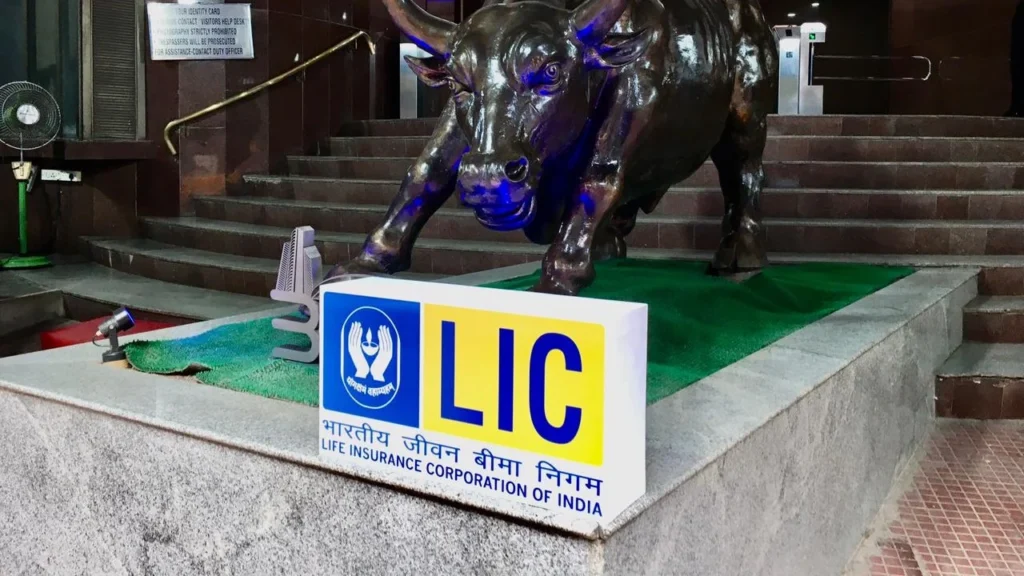
LIC Slams Washington Post Report As ‘False And Baseless,’ Denies External Influence On Investments
Life Insurance Corporation of India (LIC) has issued a strong rebuttal to a recent report by The Washington Post that alleged its investment decisions, particularly concerning the Adani Group, are influenced by external factors or were guided by a roadmap drafted by Indian officials.
Denial of Allegations
In its denial, LIC categorically stated that the allegations leveled by the American daily, which had suggested that Indian officials drafted a proposal in May to steer roughly $3.9 billion in investments from the state-owned insurer to Adani Group companies, are ‘false, baseless, and far from truth.’ The insurer went on to deny the core of the report, affirming that ‘No such document or plan as alleged in the article has ever been prepared by LIC, which creates a roadmap for infusing funds by LIC into Adani Group of companies.’
Internal Governance and Investment Decisions
In a move to reaffirm the integrity and autonomy of its internal governance, LIC clarified the rigorous process behind its investment decisions. The company stated that ‘Investment decisions are taken by LIC independently as per Board approved policies after detailed due diligence.’ This underscores the insurer’s commitment to transparency and accountability in its investment practices, aligning with the expectations of its stakeholders, including policyholders and regulatory bodies.
The insurer refuted any external interference, stating unequivocally that the ‘Department of Financial Services or any other body does not have any role in such decisions.’ This statement reinforces LIC’s position that its multi-billion dollar investment portfolio is managed solely through internal expertise and established corporate policy, devoid of external influences.
Assurance to Stakeholders
LIC further assured its policyholders and stakeholders that it has ‘ensured highest standards of due diligence’ and that all its investment decisions have been undertaken in full compliance with extant policies, statutory provisions in the Acts, and regulatory guidelines. The focus, it maintained, remains on acting ‘in the best interest of all its stakeholders,’ reflecting the insurer’s commitment to protecting the interests of its vast policyholder base and contributing to the stability of the Indian financial sector.
Intentions Behind the Washington Post Article
Concluding its statement, LIC suggested that the Washington Post article was intended to cause deliberate harm, asserting that the purported statements ‘appear to have been made with the intentions to prejudice the well-settled decision-making process of LIC and also to tarnish the reputation and image of LIC and the strong financial sector foundations in India.’
This development highlights the importance of verifying information through credible sources, especially in the context of Indian stock market news and financial reporting, where accuracy and truthfulness are paramount to maintain investor confidence and market stability.
Implications for Investors and the Indian Stock Market
The denial by LIC of external influence on its investment decisions has significant implications for investors and the broader Indian stock market. It reinforces the principle of autonomous decision-making within financial institutions, which is crucial for maintaining the integrity of the market and protecting the interests of investors.
For investors, particularly those with interests in Adani Group stocks or other companies in which LIC has significant holdings, this clarification provides reassurance about the basis on which investment decisions are made. It underscores the importance of due diligence and the adherence to established policies and regulatory guidelines in investment practices.
In the context of the Indian financial sector, this episode also highlights the need for robust governance structures and transparent communication to prevent misinformation and maintain trust among stakeholders.
Conclusion
In conclusion, the denial by LIC of allegations regarding external influence on its investment decisions is a significant development that reinforces the principles of autonomy, transparency, and due diligence in financial decision-making. As the Indian stock market continues to evolve, such clarifications are essential for maintaining investor confidence and ensuring the stability of the financial sector.
